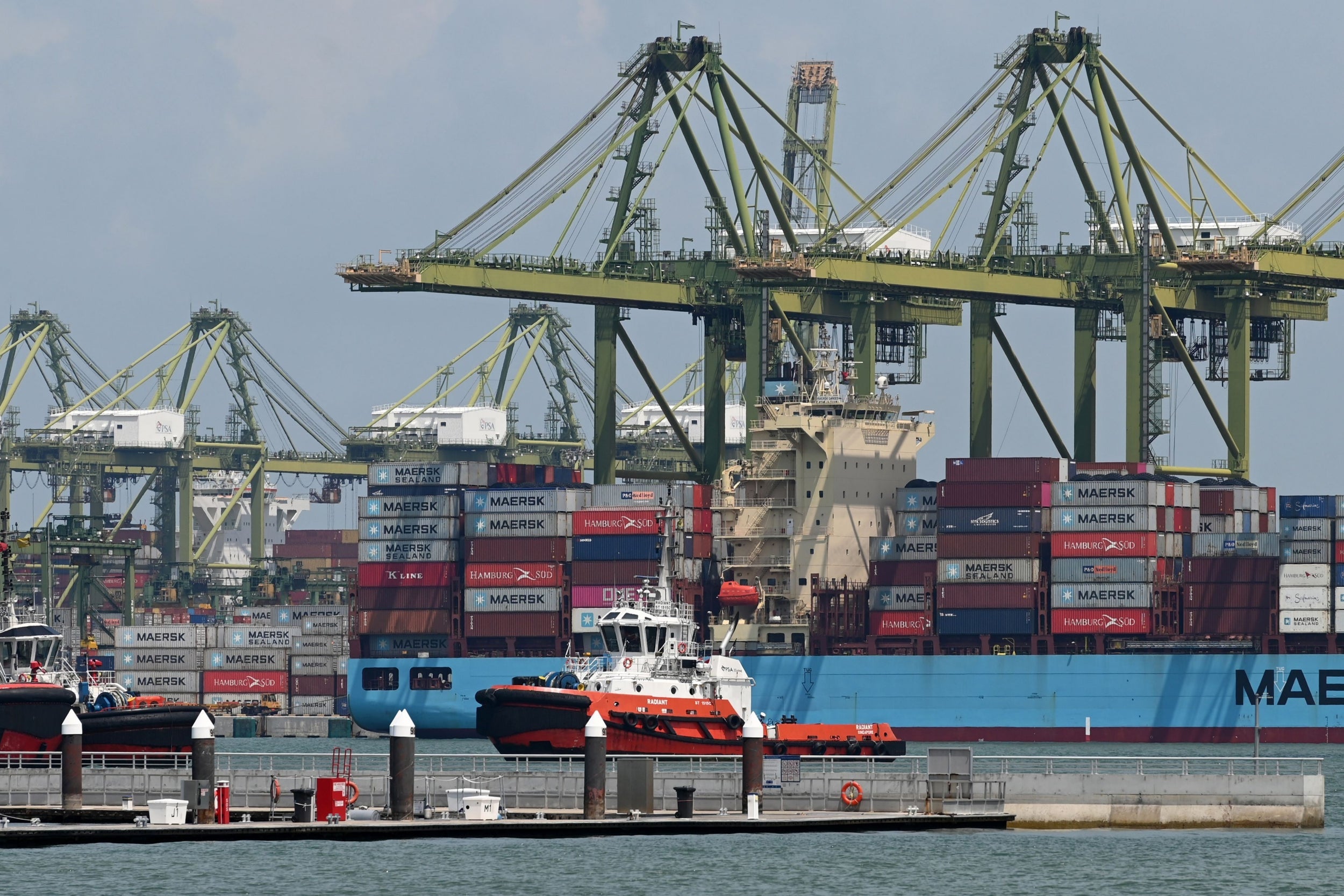EU says 'free ports' planned by Boris Johnson after Brexit are money laundering threat
Establishing the tax havens could make it harder to sign a trade deal with the EU

The EU has identified Boris Johnson's plan for tax haven "free ports" after Brexit as a money laundering threat, meaning the zones could make it hard for the UK to get a trade deal with the bloc.
During the Tory leadership race Mr Johnson said he "definitely" wanted to set up "about six" free ports in the UK after Brexit and said they would be "a massive boost to this economy".
The ports, which exist in other - usually developing - countries, are special economic zones in which international companies were taxed very lightly or not at all, in an attempt to stimulate economic growth.
But in a report released on Wednesday the European Commission warned that the ports and other policies were "potentially vulnerable to money laundering or terrorism financing".
The EU has long feared that after Brexit the UK would adopt a Singapore-style approach of deregulation and act as an offshore financing centre. During Brexit talks Brussels has insisted on written commitments by the UK not to go down the radical route if it wants to retain access to EU markets.
The formal addition of free ports to the EU's policy blacklist suggests that the Mr Johnson's policy could be a barrier to signing any trade agreement down the road. The phasing out of policies that offer special treatment or other advantage is always on the table in free trade agreement negotiations.
The incoming prime minister said earlier this month: "We should definitely be doing freeports and tax-free zones. They have delivered around the world. I think there are around 130 countries that have them. We don’t, because of our membership of the EU. And there are plainly areas that would benefit from them."
But the EU has listed the policy among 47 other threats such as "golden passport" where rich individuals buy citizenship. Other new threats include independently operated cash machines and certain professional football pay environments.
European justice commissioner, Věra Jourová said free ports were “the new emerging threat”, adding: “This is something we want to focus more on.”
Join our commenting forum
Join thought-provoking conversations, follow other Independent readers and see their replies
Comments